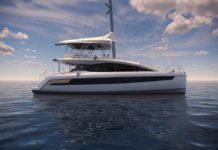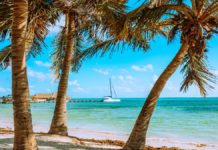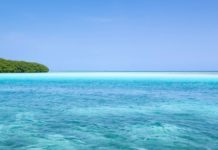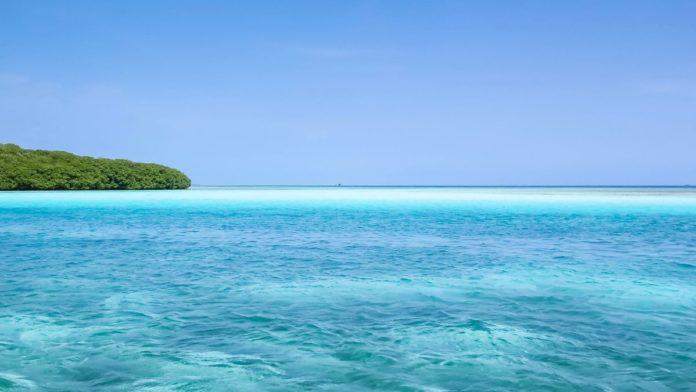
Tucked off the northern coast of Venezuela lies one of the Caribbean’s best-kept secrets: the Los Roques archipelago.
With more than 300 islands, cays, and islets surrounded by dazzling turquoise waters, pristine white-sand beaches, and a vast marine park, Los Roques is a haven for nature lovers and nautical adventurers alike.
If you’re wondering whether Venezuela is the next big sailing destination in the Caribbean, here is what you must know about Los Roques archipelago.
Why Visit Los Roques?
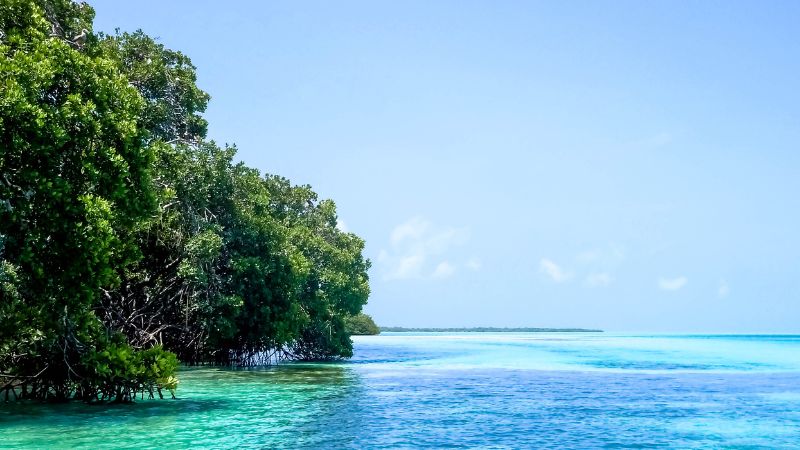
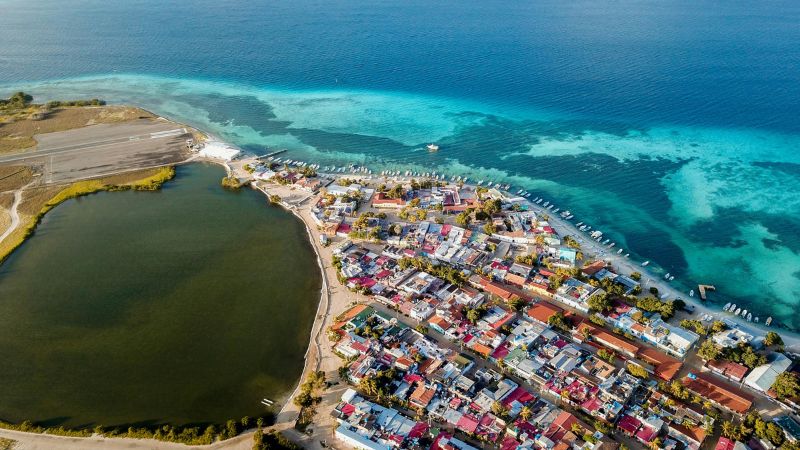
Unspoiled Natural Beauty
Los Roques National Park is a protected marine area, meaning its biodiversity remains remarkably intact. You’ll find flourishing coral reefs, diverse fish species, sea turtles, and an abundance of birdlife. With minimal infrastructure and strict environmental regulations, the archipelago has preserved a raw, untouched charm.
Privacy and Tranquility
Unlike more commercial Caribbean destinations, Los Roques offers a rare sense of peace and seclusion. Most islands are uninhabited, and even the main island, Gran Roque, retains a laid-back, authentic feel. Here, luxury is measured not in resorts or casinos, but in barefoot freedom, clear skies, and the sound of waves.
Adventure and Exploration
From kite surfing and scuba diving to paddleboarding and fly fishing, Los Roques caters to outdoor enthusiasts of all kinds. The real adventure, though, lies in island hopping: discovering hidden beaches, untouched sandbars, and marine life-rich lagoons — many only accessible by boat.
Read also: Caribbean Yacht Charter: the Full Price List
What is the Best Way to Reach Los Roques?
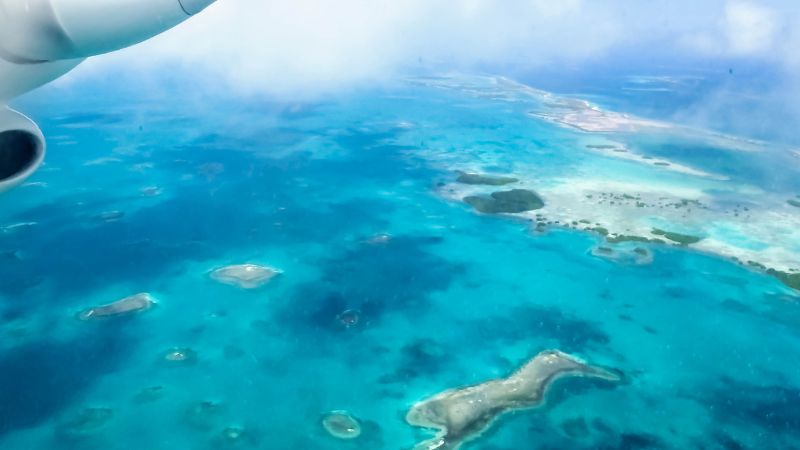
By Air via Caracas (Venezuela):
- Fly internationally to Caracas – Most travelers arrive at Simón Bolívar International Airport (CCS) in Caracas, Venezuela.
- Connect to Los Roques – From Caracas, take a domestic flight to Gran Roque, the main island in the Los Roques archipelago.
- Flight duration: about 35–45 minutes
- Operated by small regional airlines (e.g., Aerocaribe, Albatros Airlines, Conviasa)
- Flights usually depart in the morning, so an overnight in Caracas may be needed if arriving late.
By Private Yacht or Charter:
If you’re already in the Caribbean or northern coast of South America:
- You can sail or motor directly to Los Roques, especially from places like Margarita Island, Puerto La Cruz, or Colón (Panama).
- Entry is controlled—customs and immigration clearance is required either in Los Roques or beforehand.
- The national park has strict anchoring and environmental rules, so it’s best arranged with an experienced charter company or broker.
When Is the Best Time to Visit Los Roques?

The best time to visit Los Roques is during the dry season, from December to April. During these months, the weather is sunny, the sea is calm, and trade winds provide perfect sailing conditions. May to November is considered the wet season, but even then, rain showers are typically short and the archipelago sees far fewer tourists — ideal for those seeking solitude. Some yachts locate there during summer time and it might be worth contacting your broker to have insights.
If you’re into kite surfing or windsurfing, the breeziest months (January through March) are ideal. Meanwhile, diving and snorkeling are excellent year-round thanks to consistently warm waters and great visibility.
What Can You See and Do in Los Roques?
Snorkeling & Diving
Explore vibrant coral reefs at sites like Cayo de Agua or Boca de Cote. The underwater biodiversity is extraordinary, with rays, parrotfish, barracuda, and even nurse sharks making frequent appearances.
Visit Picture-Perfect Beaches
The archipelago boasts some of the most photogenic beaches in the Caribbean. Don’t miss Madrisquí, with its shallow turquoise waters, or Francisquí, a popular island for swimming and lounging.
Birdwatching & Marine Life
Los Roques is a sanctuary for migratory birds like flamingos, pelicans, and frigates. The park’s waters are also a nesting ground for endangered green turtles.
Cultural Charm in Gran Roque
While most of Los Roques is uninhabited, the main village of Gran Roque offers colorful houses, charming posadas (guesthouses), and a welcoming local community. It’s the perfect base before setting out to sea.
Read also: Caribbean Vacations : 10 Great Reasons to Charter a Yacht
Why Chartering a Boat Is the Best Way to Explore Los Roques
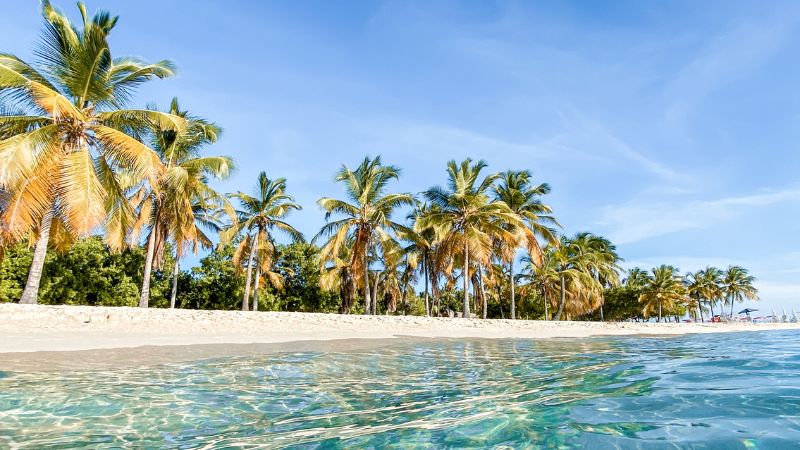
Access the Unreachable
Many of Los Roques’ most spectacular spots are only accessible by boat. Renting a boat — whether it’s a private catamaran, a sailboat with crew, or a small motorboat — gives you complete freedom to explore at your own pace.
Ultimate Privacy and Flexibility
Enjoy private beaches with no footprints but your own. Wake up in a different bay every morning. Snorkel at remote reefs, dine under the stars on your deck, and embrace the rhythm of island life.
Tailored Experiences
Many boat rentals in Los Roques come with custom itineraries, private chefs, and water sports gear. Whether you’re celebrating a honeymoon, a family adventure, or a once-in-a-lifetime escape, the experience can be as luxurious or laid-back as you wish.
Eco-Friendly Exploration
Boating, especially under sail, is one of the least invasive ways to explore this fragile marine environment. It allows you to experience the archipelago’s beauty without contributing to overdevelopment or environmental degradation.
All our yachts in Los Roques Archipelago here!
Pro Tips for Planning Your Boat Trip in Los Roques
- Book in Advance: Yachts are rare in that area and they get reserved quickly.
- Bring cash (USD or EUR) – Credit card acceptance is (very) rare in Los Roques.
- Pack Light, Bring Essentials: Sun protection, swimwear, eco-friendly toiletries, and a good camera are musts. Supplies can be limited on the islands.
- Respect the Environment: Follow all park regulations and practice responsible tourism to help preserve Los Roques for future generations.
- Travel insurance is highly recommended due to Venezuela’s political and security situation.
Read also: Yacht Rental With Skipper And Hostess Vs Fully Crewed Charters
Los Roques is more than a destination — it’s a journey into nature’s untouched splendor. Its crystalline waters, radiant reefs, and deserted islands form a sailor’s dream and a traveler’s sanctuary. To truly embrace its magic, there’s no better way than by boat. Chart your course, hoist the sails, and let the winds carry you to one of the last truly wild paradises in the Caribbean.


